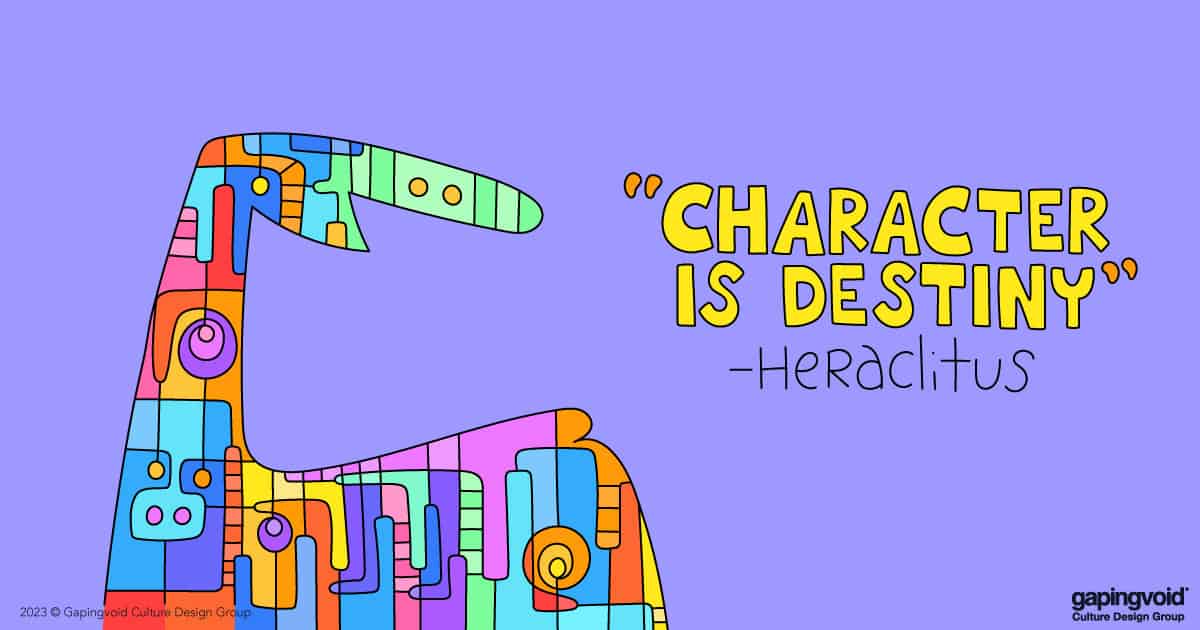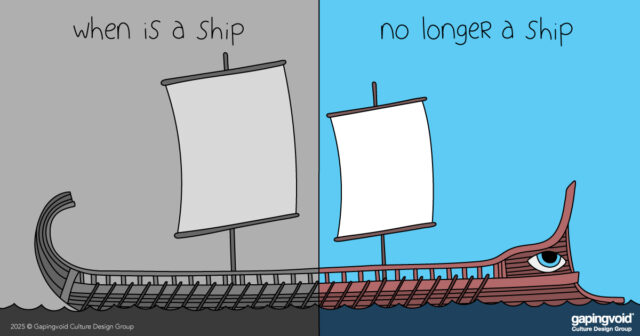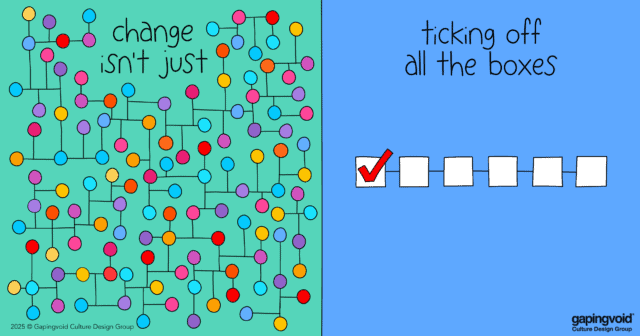
Tony Soprano, TV’s most famous antihero, is quite a paradox. On one hand, he’s a complete monster who does terrible things. On the other, he’s a pretty likable guy who’s had a horrendous upbringing, so you kinda feel sorry for him.
Which makes you still root for him, somehow, even when he’s acting appallingly.
Rob Henderson wrote a great article about this on Unherd, and quoted this most salient point:
“In The Sociopath Next Door, author and psychologist Martha Stout explained how some people weaponise pity to manipulate others: ‘More than admiration — more even than fear — pity from good people is carte blanche. When we pity, we are, at least for the moment, defenseless… All in all, I am sure if the devil existed, he would want us to feel very sorry for him.’”
The more you pity me, the easier it is for me to attack you, the easier it is for me to get away with bad behavior.
This would explain why “Victim Culture,” real or imagined, is such a thing these days… and not just with the “campus” crowd, our most powerful elites do it, as well- celebrities, business folk, cultural leaders, media folk and politicians. We regular people end up just following their example.
Simply put, people do it because they’ve seen it work before.
This is bad enough in society, it’s REALLY bad if you let it happen inside your own business.
So how do you combat it?
As always, it helps to look to the ancients for wisdom, in this case, Heraclitus: “Character is destiny.”
In other words, you don’t combat this behavior by edict, you combat this behavior by example.
The reason the Roman Centurions were considered such good leaders is they had an honor code (which they adhered to) that meant they would never, ever order a soldier to do something they would not do themselves.
In other words, you must be that person first, before you expect others to be that person as well.
The second part is, you must do what David Ogilvy suggested: If someone on your team is bad for morale, get rid of them, regardless of how super-duper talented they are.
Yes, it’s brutal, but not as brutal as watching your company culture (soon followed by the company itself) go down the tubes.



